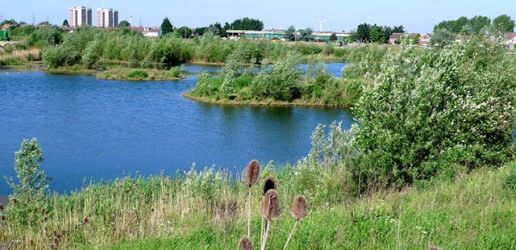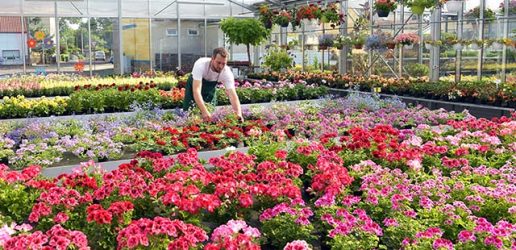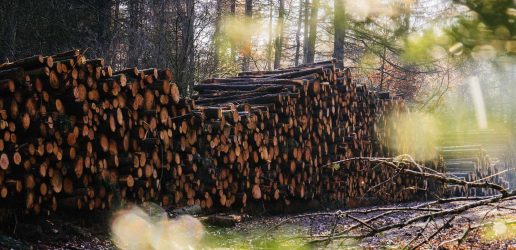Scientists at Forest Research have investigated the social benefits of, and public attitudes towards, tree planting programmes and the creation of new woodland.
The research found that overwhelmingly, the communities studied believed that local tree planting and the creation of new woodlands was a good thing.
It also discovered that new woodland provides unique experiences and opportunities for visitors, for example, related to sensory experience and opportunities to build connections to trees. Non-visitors also benefited from these woodlands, for example by building pride in their local place.
Other key findings included:
- People who visit their local new woodlands more frequently have better mental wellbeing (correlational relationship found). The research found that mental wellbeing may be enhanced by:
-
- The unique sensory experiences and learning opportunities afforded by new woodlands;
-
- Observing the rate of positive change in newly planted woodlands, providing cognitive benefits; and,
-
- Opportunities to develop relationships with growing trees.
- Respondents with the highest level of reported anxiety were those who never visit the woodlands (correlational relationship found).
- The more frequently people visit the new woodlands the more they value them (correlational relationship found).
- Local communities believe the benefits to wildlife from new woodlands is particularly important.
- The majority of both visitor and non-visitor respondents believed that new tree planting activity confers a degree of protection from built over-development of their local area.
- Most visitors to new woodlands feel a sense of personal responsibility towards them, which may be related to opportunities to develop relationships with growing trees.
The research focused on communities within a 30-minute walk of new planting sites in the Forest of Marston Vale or the National Forest. The researchers carried out individual interviews – three per person over a period of time, in addition to a community survey.
The research was funded by Defra’s Nature for Climate Fund.
Recent News
View All news
New land regeneration resources for creating green spaces on previously used land now available
The new resources bring together the latest learnings on land regeneration and climate change, and optimal soil thickness for planting on previously used land.

New national survey launched to strengthen plant pest and disease detection across UK horticulture
UK horticulture and landscaping businesses invited to take part in survey to strengthen non-native plant pest and disease detection and reporting.
Forestry and timber businesses across the UK are being asked to take part in an annual survey programme to collect data about the UK timber industry.

New land regeneration resources for creating green spaces on previously used land now available
The new resources bring together the latest learnings on land regeneration and climate change, and optimal soil thickness for planting on previously used land.

New national survey launched to strengthen plant pest and disease detection across UK horticulture
UK horticulture and landscaping businesses invited to take part in survey to strengthen non-native plant pest and disease detection and reporting.
Forestry and timber businesses across the UK are being asked to take part in an annual survey programme to collect data about the UK timber industry.

